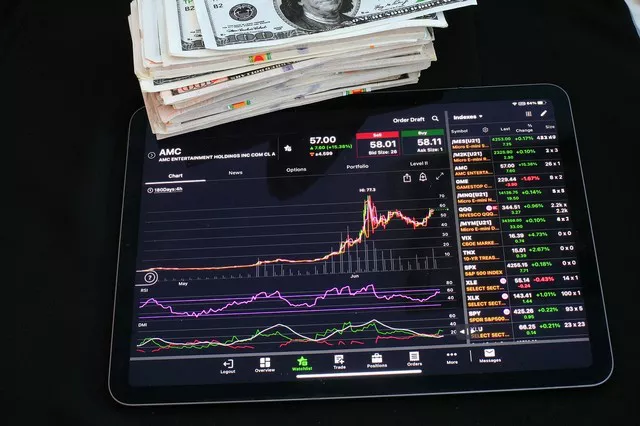Investing in copper futures provides an opportunity to participate in the dynamic copper market and potentially profit from price fluctuations. Copper, a crucial industrial metal, is widely used in various sectors, making it an attractive investment option for traders and investors. In this comprehensive guide, we will explore the process of investing in copper futures, covering essential points, strategies, and considerations to help you make informed investment decisions.
Understanding Copper Futures
What are Copper Futures?
Copper futures contracts represent agreements to buy or sell a specified amount of copper at a predetermined price and future date.
The contracts are standardized, traded on regulated exchanges, and offer exposure to the price movements of copper.
Benefits of Investing in Copper Futures:
Price Discovery: Copper futures provide a transparent platform for price discovery, reflecting supply and demand dynamics.
Portfolio Diversification: Adding copper futures to an investment portfolio can enhance diversification, reducing overall risk exposure.
Leverage: Futures contracts allow investors to control a larger quantity of copper with a smaller investment capital.
Steps to Invest in Copper Futures
Step 1: Educate Yourself on Copper Market Fundamentals
Understand the factors influencing copper prices, such as global demand, supply dynamics, economic indicators, and geopolitical factors.
Stay updated on industry news, market trends, and relevant reports to make informed investment decisions.
Step 2: Select a Reputable Brokerage or Trading Platform
Choose a brokerage or trading platform that offers access to copper futures markets.
Ensure the platform provides robust trading tools, reliable market data, and competitive pricing.
Step 3: Open a Trading Account and Fund It
Complete the account opening process with your chosen brokerage or trading platform.
Deposit funds into your trading account to have the necessary capital for investing in copper futures.
Step 4: Conduct Technical and Fundamental Analysis
Utilize technical analysis tools to analyze historical price patterns, trends, and key levels of support and resistance.
Consider fundamental factors such as supply-demand imbalances, global economic indicators, and geopolitical risks.
Step 5: Develop a Trading Plan
Define your investment objectives, risk tolerance, and desired time horizon for holding copper futures positions.
Determine entry and exit points, position sizes, and risk management strategies within your trading plan.
Step 6: Execute Trades and Manage Positions
Place orders for copper futures contracts based on your analysis and trading plan.
Monitor your positions closely, regularly reassess market conditions, and make adjustments as necessary.
Key Considerations for Investing in Copper Futures
Risk Management:
Set stop-loss orders to limit potential losses and protect your investment capital.
Avoid overexposure by diversifying your portfolio and not allocating a significant portion to copper futures alone.
Market Liquidity and Trading Hours:
Trade copper futures during active market hours to ensure sufficient liquidity and tight bid-ask spreads.
Consider the potential impact of overnight price gaps and adjust your trading strategy accordingly.
Stay Informed and Adapt to Market Changes:
Continuously educate yourself on copper market developments, technological advancements, and industry regulations.
Stay abreast of economic indicators, supply disruptions, and geopolitical events that may affect copper prices.
Conclusion
Investing in copper futures can be an exciting opportunity for traders and investors seeking exposure to the copper market’s potential. By following the steps outlined in this guide, conducting thorough analysis, and implementing prudent risk management, you can navigate the complexities of copper futures investing with confidence. Remember to stay informed, adapt to market changes, and continuously refine your trading strategies to maximize your investment potential in the dynamic world of copper futures.


